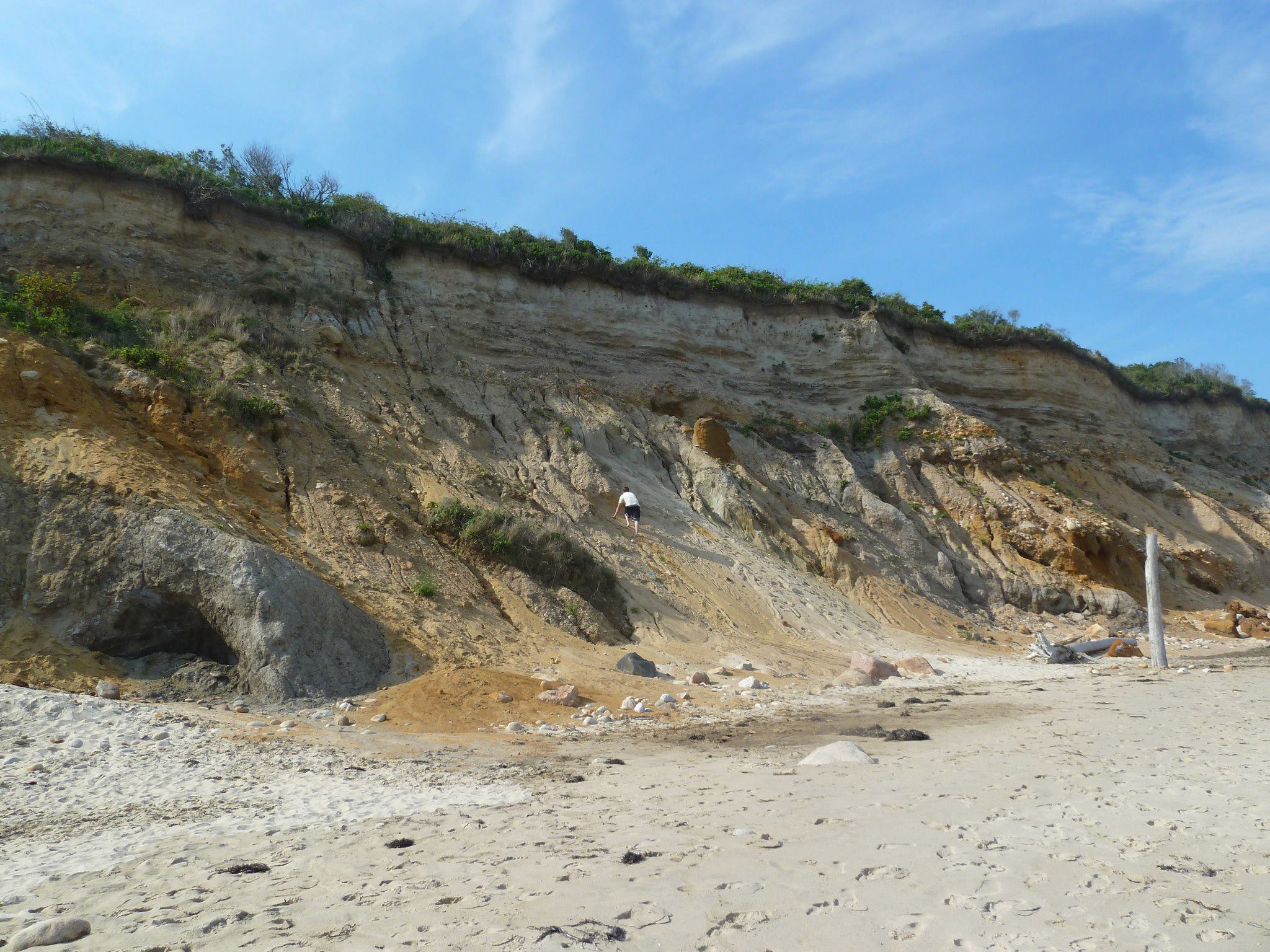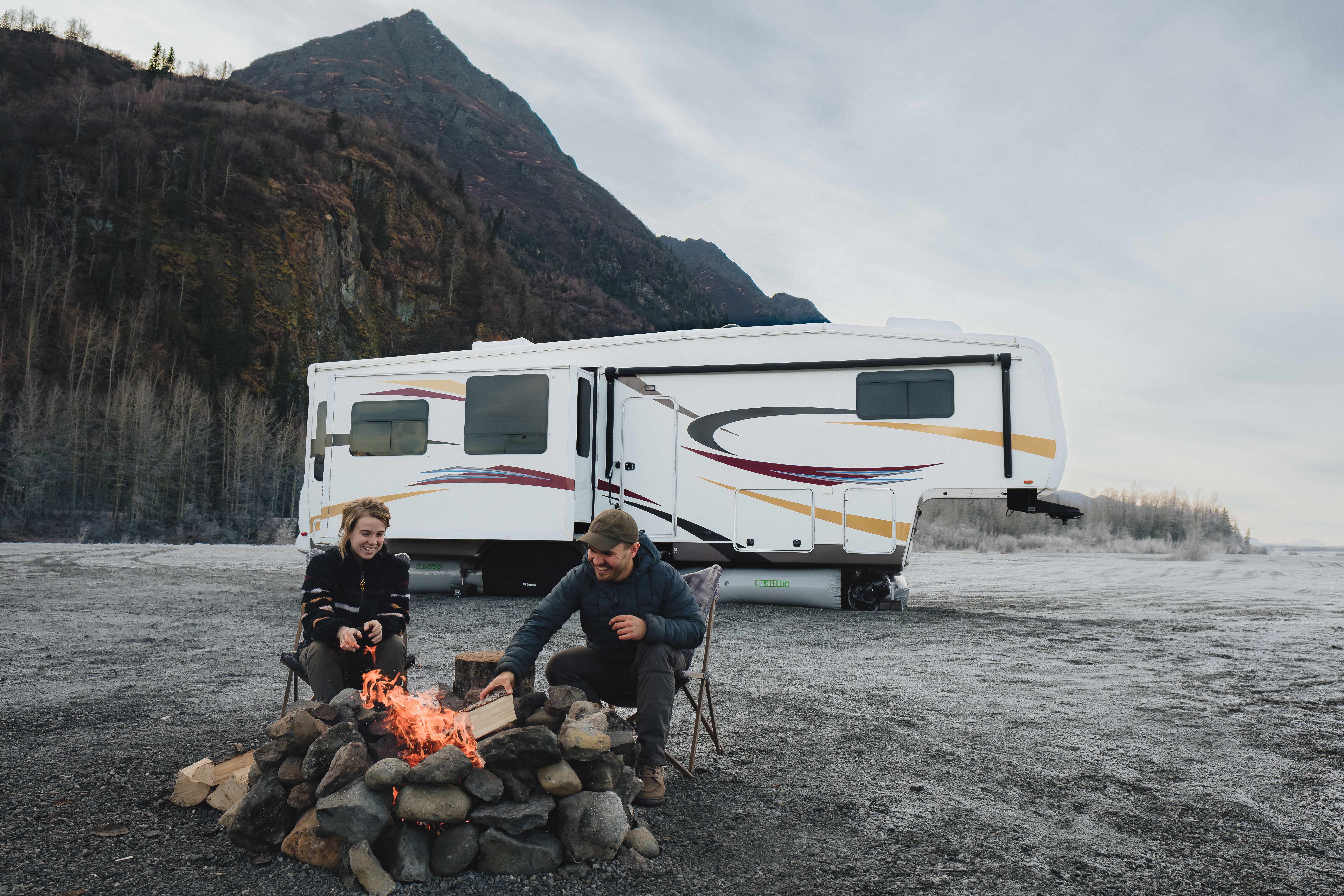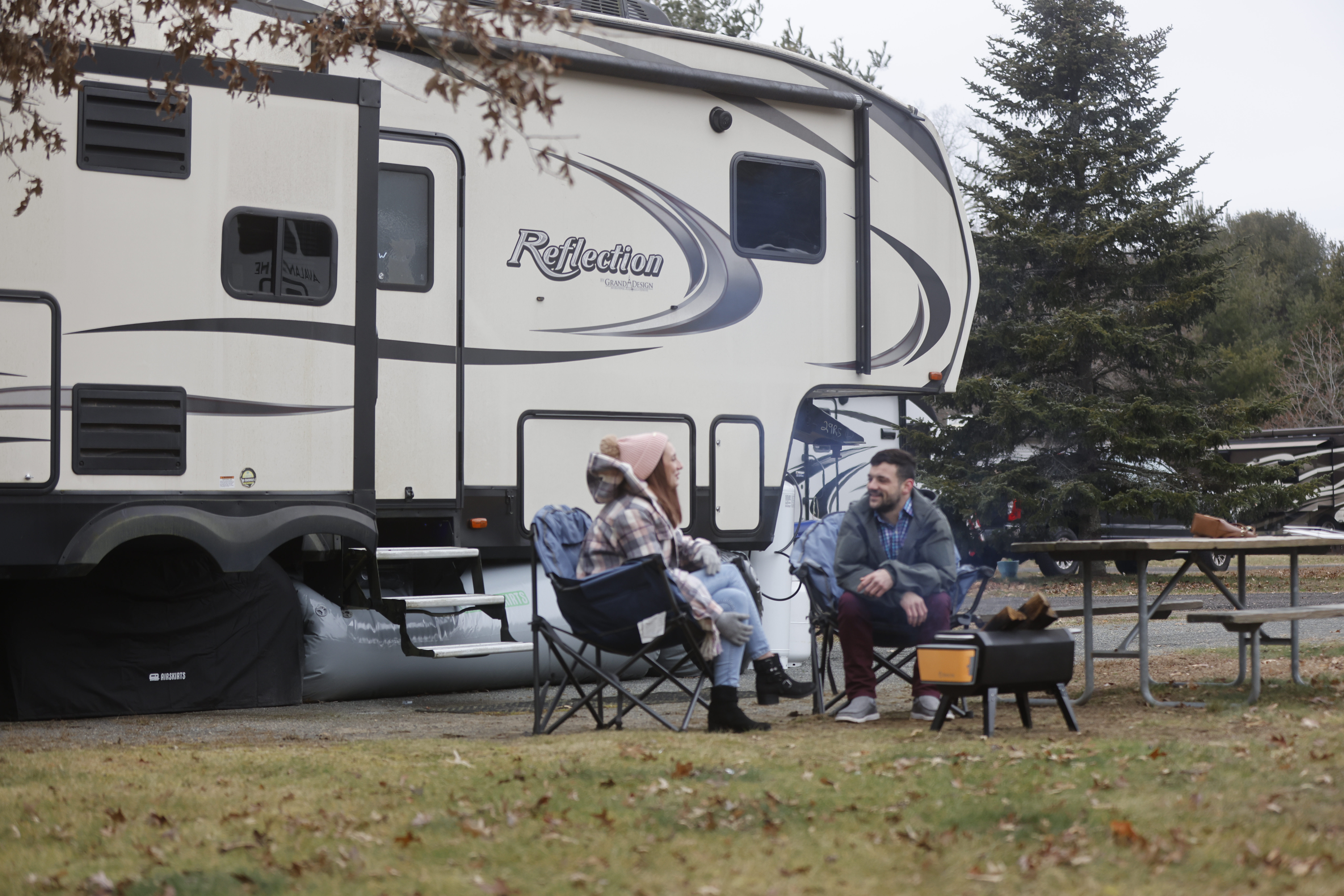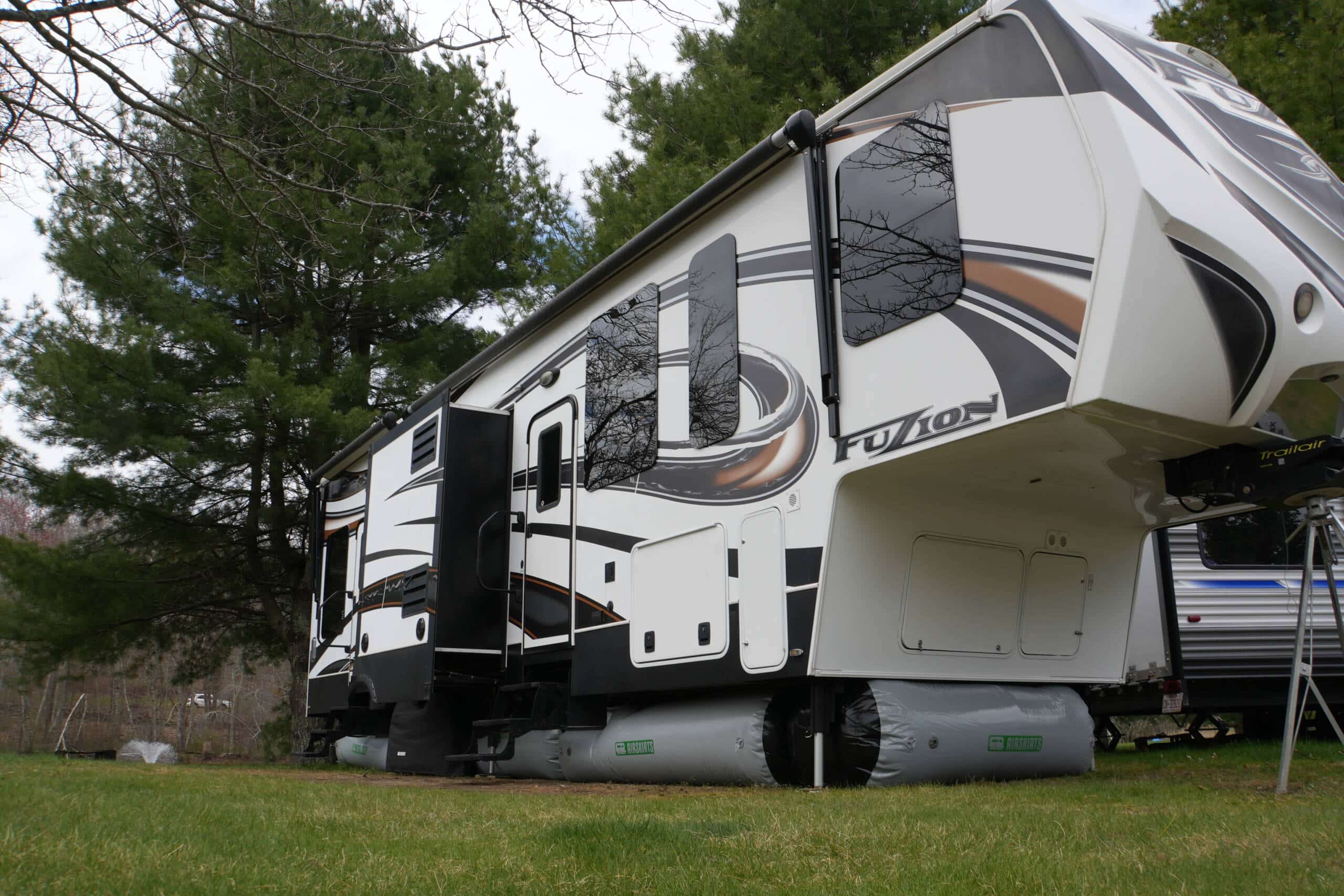What Is Boondocking? Plus Tips for Your Trip
What is Boondocking?
Boondocking is a style of camping where you won’t have access to water, sewer, or electric hookups, like dry camping, but are typically at more remote locations and not expensive campgrounds.
Boondocking Tips
Typically the sites are free, but you won’t have access to water, sewer, or electric hookups, so you’ll need to be aware of when you need to fill and empty your tanks. Also pay attention to how much propane and gas you may need for a generator (always check the rules to make sure they’re allowed). If you plan on boondocking regularly, you may want to invest in solar panels and an upgraded battery system.
Many people are able to find boondocking sites on Bureau of Land Management (BLM) or the US Forest Service (USFS) land. Both BLM and USFS call their boondocking sites “dispersed camping.” You may also see the term “dry camping” to refer to boondocking. The National Park Service refers to it as “backcountry camping” and requires a small fee for a permit. Not all parks have these sites, so check before you hit the road.
You should always be sure to call or visit the website of the site you’d like to visit to find out the rules and restrictions. Once you snag a space, be sure to first drive your truck or car to the site to make sure you’ll be able to get your RV safely to the site. Nobody wants to be driving a Class A motorhome or towing a large trailer only to find the road inaccessible and have to turn around on what is likely to be a very narrow road.
There’s also a service called Harvest Hosts that allows you to camp at locations such as wineries, breweries, small farms, and other fun destinations for a yearly fee. They have over 5,000 locations all over the US, Canada, Mexico, and even one in China. There’s a one-night limit for each host, but you can camp at a different site every single day. It’s a good service to use if you’re making a longer trip and don’t want to spend a lot of time in one area. Also, since you’ll be boondocking, there’s not much setting up or breaking down to do, so getting in and out is a breeze. They have an app that allows you to plan your route and you can filter by size of RV (since some sites have restrictions), what dates you’re looking for, and what type of site you’re looking for.
Is boondocking right for you? If you’re someone who prefers the comfort of camping at sites with electric and water/sewer connections, the community available at a traditional campground, and being closer to a city or town, you probably won’t particularly enjoy dry camping. But if you love the quiet of nature, not having neighbors close by, and don’t mind roughing it, you should give it a try. If you’re on the fence, ask yourself if you’d enjoy tent camping. If you’re more of a glamper than a camper, we suggest sticking to a campground (see also: ‘How to Find Year Round RV Parks and Campgrounds‘).






Leave A Comment